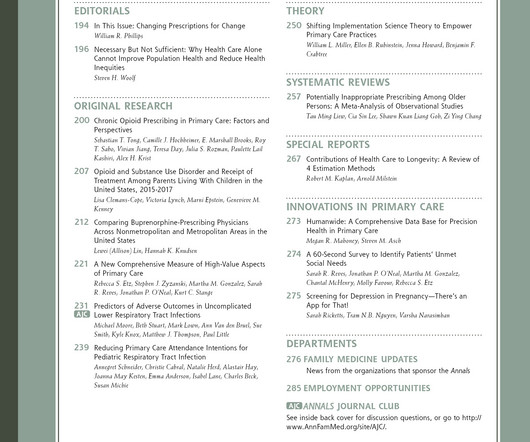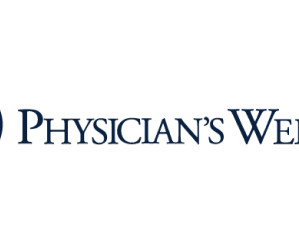Empowerment Self-Defense Arms ED Staff Against Rising Workplace Violence
Physician's Weekly
JUNE 26, 2025
The emergency room has become a pressure cooker, and healthcare professionals are paying the price. series The Pitt has drawn praise for its unflinching portrayal of the ED, including a widely discussed episode in which a patient’s family member violently assaults a nurse. The Warner Bros.












Let's personalize your content